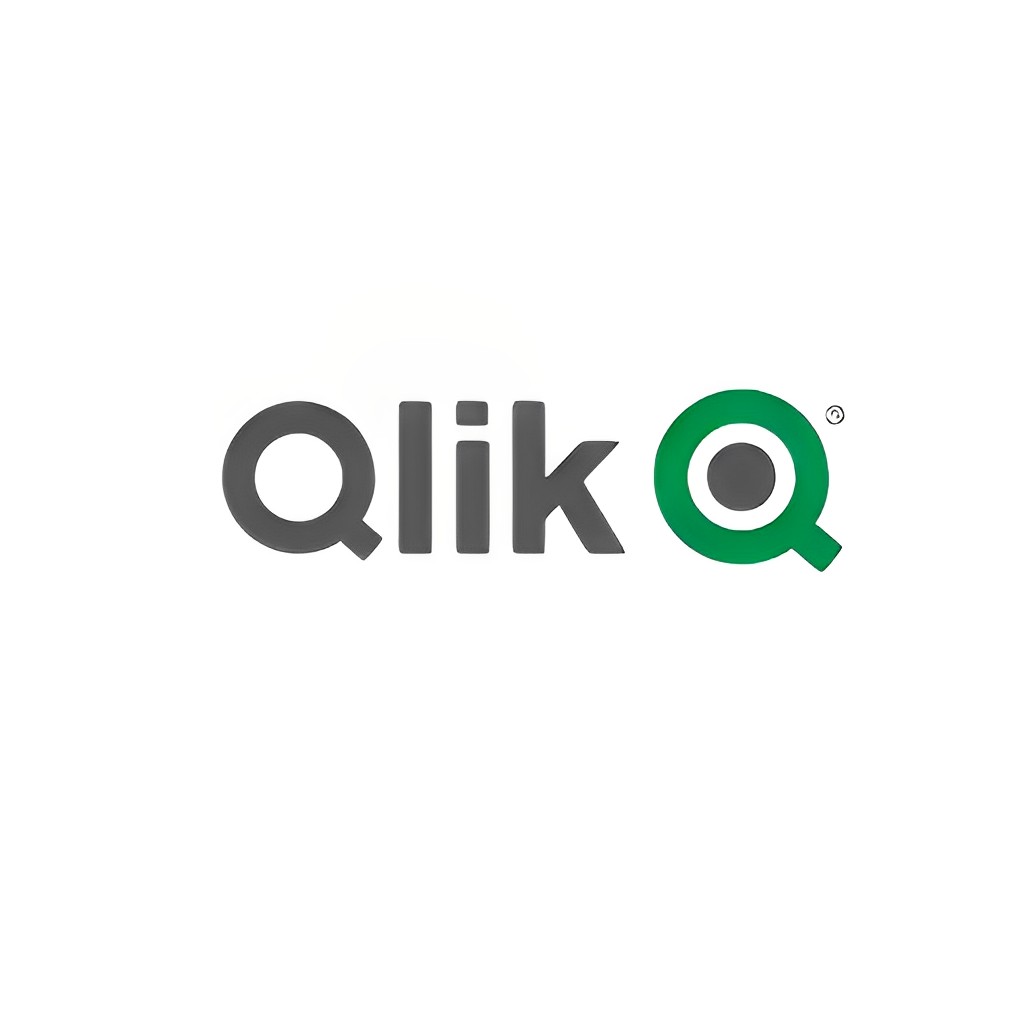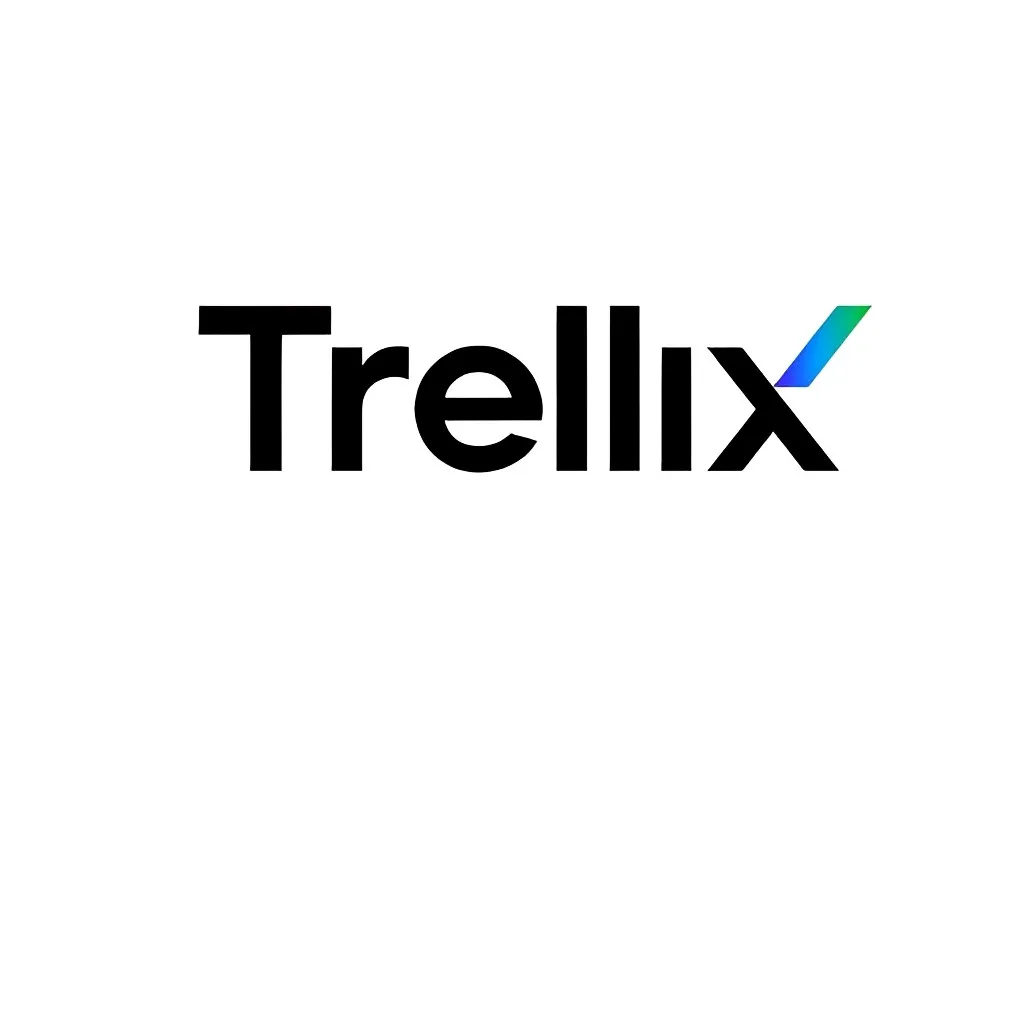Since its general availability earlier this fall, a growing number of organizations across industries have adopted Qlik AutoML™ to augment their decision making with the power of predictive analytics for the 90% of use cases that don’t require the deep expertise of professional data scientists.
Machine learning is used across every industry, but its wider adoption and value have been limited by the gap in data scientist bandwidth and resources. Qlik AutoML is filling that gap by bringing a simple, code-free way for analytics users and teams to leverage machine learning to train models, make predictions and plan decisions on their current analytics use cases. With Qlik AutoML, teams across the organization can now explore predictive data and test what-if scenarios right in Qlik Sense®, which can then trigger alerts and automations for action across the business.
Organizations like Chef Works, RevLocal and Bentley Systems are all adopting Qlik AutoML to better predict churn, drive efficiencies, and engage and retain clients by modeling likely outcomes and pivoting strategies based on predictions. Another example is Polygon Research, which serves the mortgage industry with actionable market intelligence. Polygon is using Qlik AutoML to make predictions in areas like loan repayments to help lenders make appropriate interventions by offering refinancing or loan modification options.

“This is where AutoML really shines,” said Greg Oliven, CTO of Polygon Research. “You can get down to individual loans, see the percentages on every single variable and then see the cumulative decision: is this borrower going to prepay or not? What’s the prediction? And what’s the strength of that prediction?”
There are common AutoML use cases across every department in an organization. Business users across Sales (forecast/churn/retention), Marketing (customer lifetime value and demand forecast), Finance (risk management and investment optimization), HR (employee retention/satisfaction/recruiting) and Supply Chain (inventory predictions/bottlenecks and transportation optimization) can all benefit from better predictions that drive proactive engagement.

“Modern analytics, when augmented with machine learning, can take the guesswork out of the future and help decision makers know what is likely to happen, why that outcome is likely and, crucially, what changes will influence the outcome,” said Josh Good, Vice President, Product Marketing at Qlik. “Qlik AutoML is helping organizations drive more value from their data and empowering their teams to look around the corner when making decisions that impact outcomes.”









